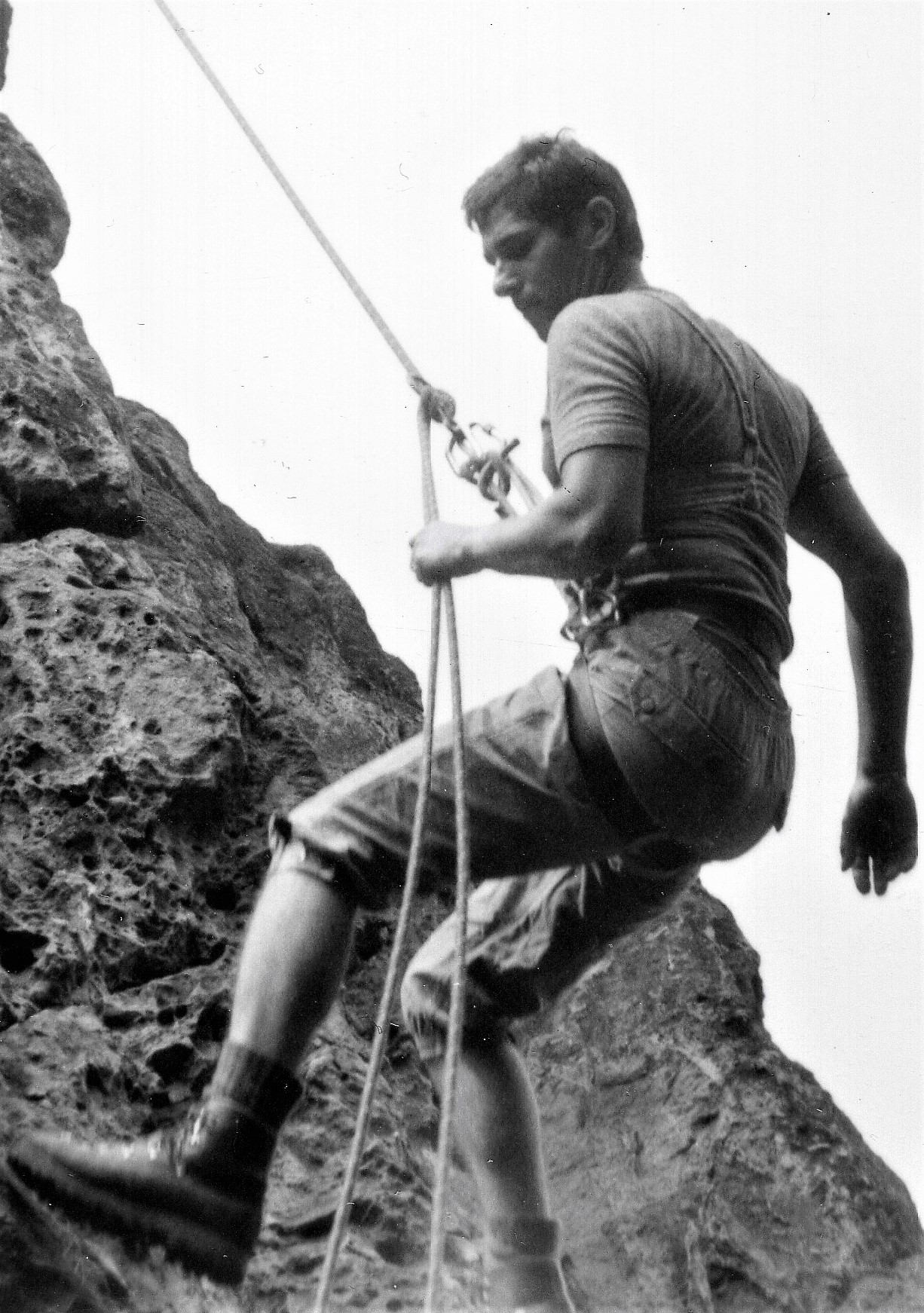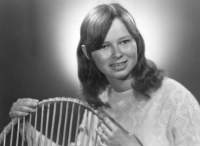From being a scout to being a pioneer and a communist. He wanted to keep working with children

Download image
Jiří Maršík was born in Mladá Boleslav on 12 October 1951. His father worked with the police (SNB), then with the State Security (StB), focusing on the protection of Škoda Mladá Boleslav’s industrial secrets. The witness got a vocational training as a router operator, then completed a technical high school. He was a boy scout in the late 1960s. When the communists banned the Junák (scout) movement again in 1970, he joined the communist ‘pioneer’ organisation. He joined the CPC while a high school student. Later on, he was active as a secretary for pioneer activities under the District Committee of the Socialist Youth Union (SSM), and later still he helmed the town’s pioneers’ leisure centre (MDPM). He organised hobby clubs and camps for children well into the 1990s, obtaining pedagogical education along the way. He exited the CPC in 1990. When Mladá Boleslav’s municipal facilities for children merged, he was forced to leave his job and start working with the town’s water and wastewater service company. He was living in Žerčice in 2023.












